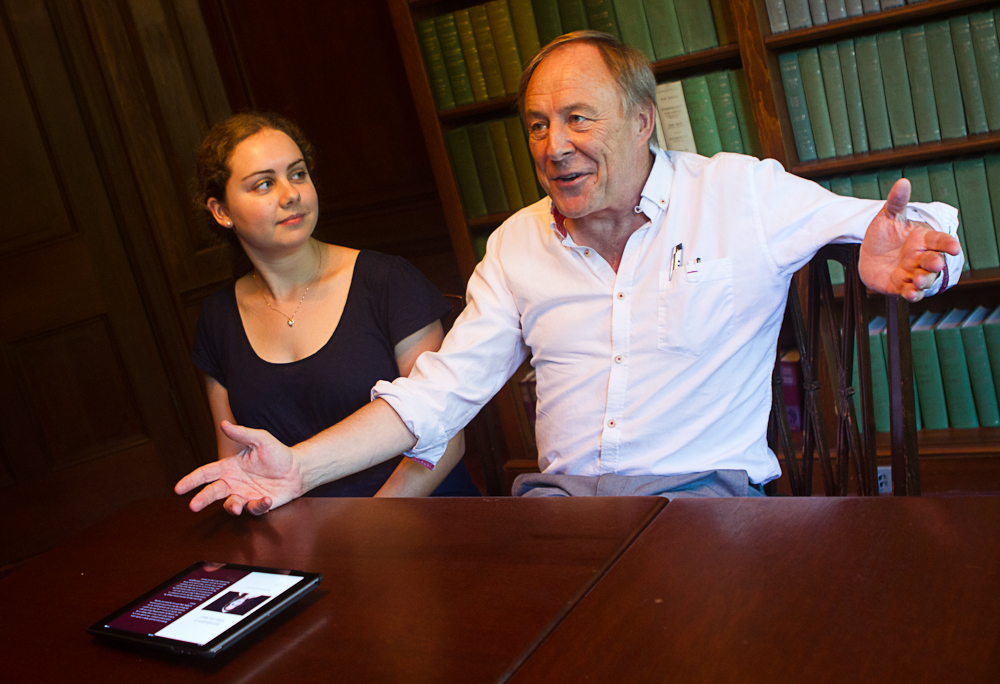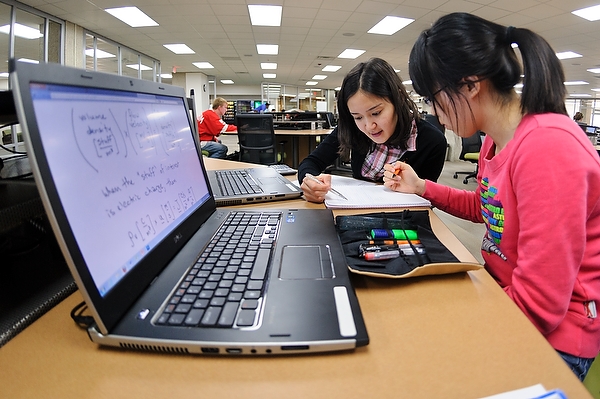technology and innovation
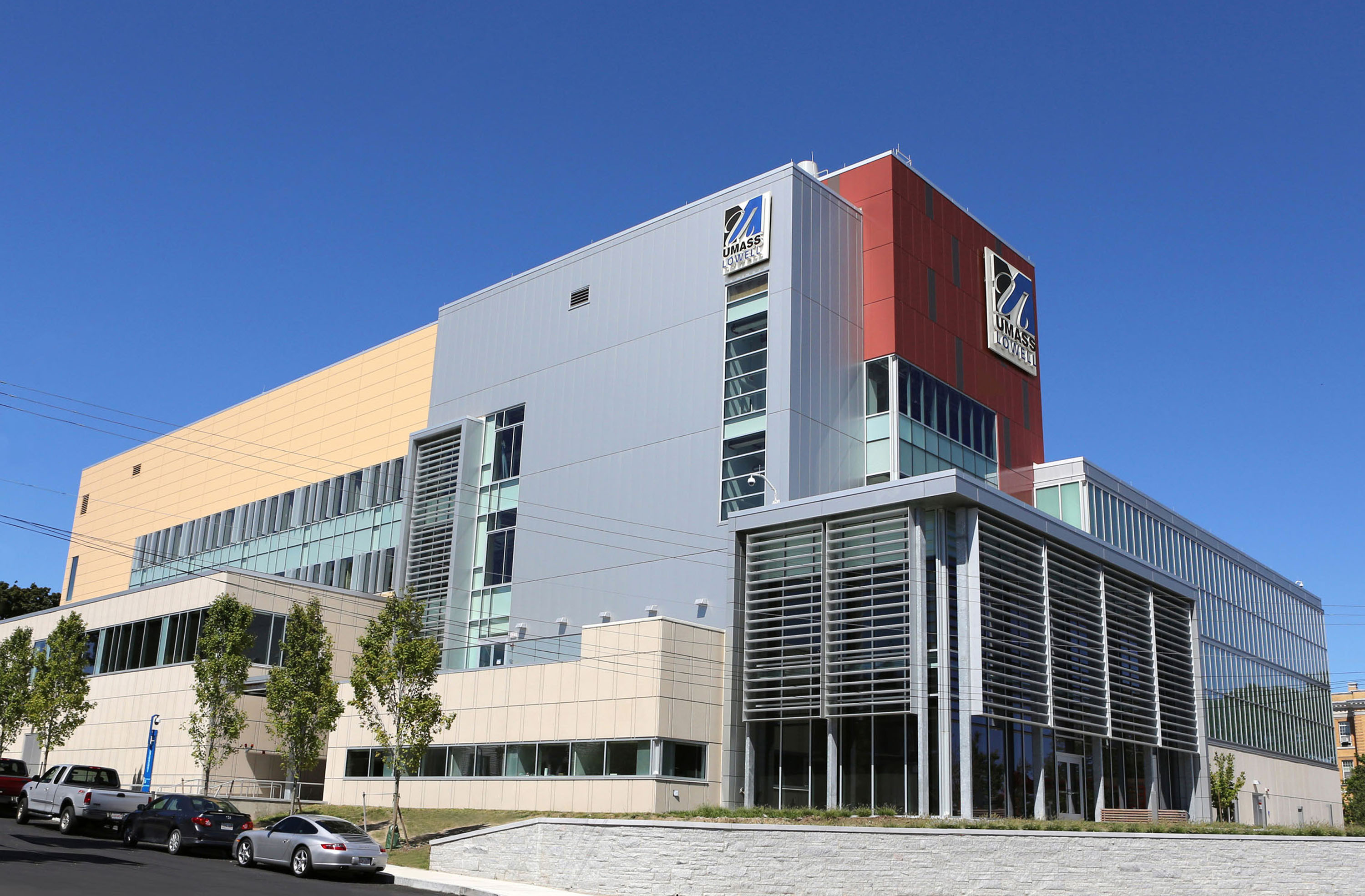
The amount of research dollars public colleges and universities receive from federal and state governments is dwindling. Private companies are picking up the slack, driving innovation at public research universities. Starting next semester, a major defense contractor will send some of its top researchers to work side-by-side with students and faculty at the University of Massachusetts.
College for America is an online degree program with no classes, no professors, and no credit hours. Offered through Southern New Hampshire University, the $10,000 degree program relies on students' skills to award credit. The program was recently featured as part of PBS NewsHour's Rethinking College series.
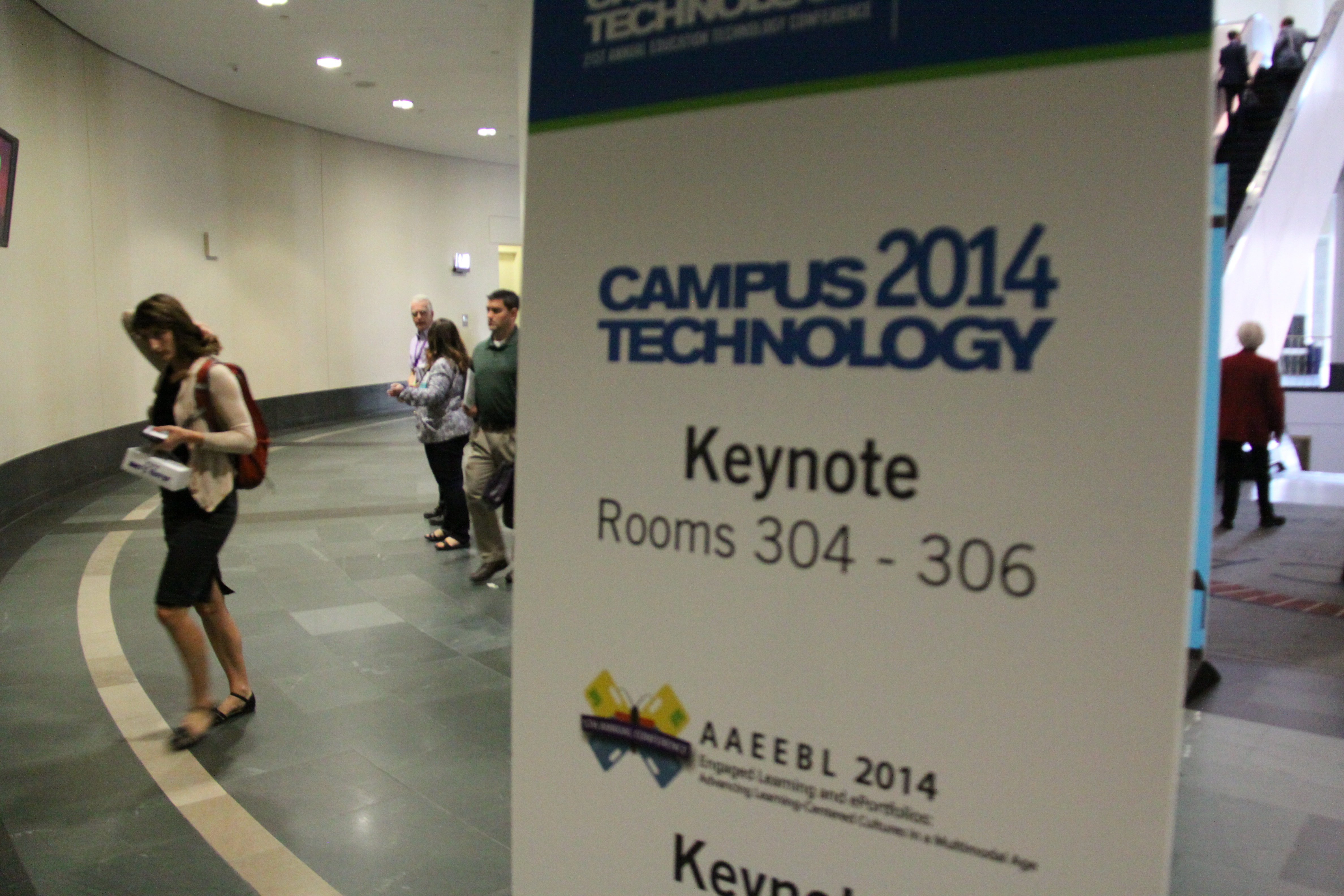
____________________________________________________
College administrators and IT geeks are descending on Boston this week to discuss how the expanding role of technology in education is changing teaching and learning on college campuses. The 21st annual Campus Technology conference opened on Tuesday at the Hynes Convention Center, giving young start-ups the chance to push products that could shape the next generation of high-tech in higher education.
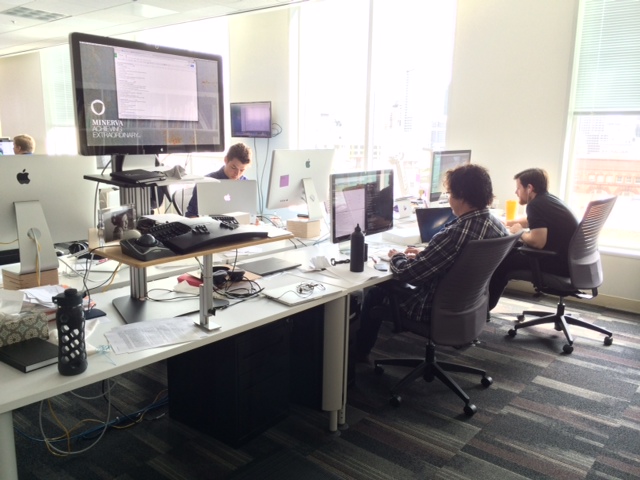
____________________________________________________
If you had the opportunity, would you attend a college that sends you around the world to live in world-class cities while taking all of your classes online? The Minerva Project is a university that is raising eyebrows with its non-traditional approach.

A trial run of new online tests in Massachusetts has received mixed reviews from the state’s educators. Although some school district officials say they’re confident they’ll be able to handle the shift to computer-based testing if it becomes mandatory in two years, others worry that technical problems on the local level will make the results meaningless.
In March and May, nearly 70,000 randomly selected students in Massachusetts took the new tests, which are meant to be aligned with Common Core standards now in place in 43 states. Hundreds of thousands of other students in 13 other states were also part of the trial run of the exam, which is known as PARCC, for the multi-state consortium that designed it, the Partnership for Assessment of Readiness for College and Careers.




